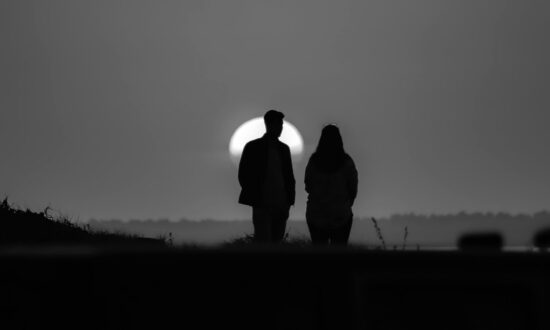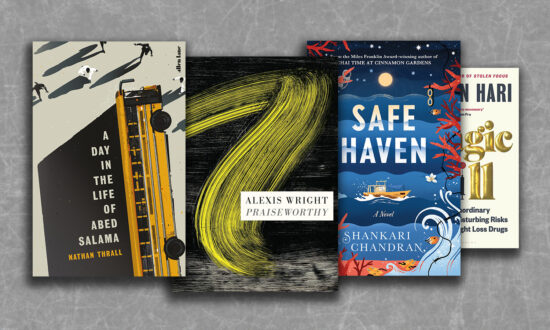The Stories from the South Book Club is a new series for booklovers to explore what it means to inhabit the unique world of the ‘South’.
This month, we’re reading Boyhood by JM Coetzee. We will meet live at Dymocks Bookstore Rundle Mall on September 26, 2023, at 6-7.30pm for a discussion led by Nicholas Jose, Shannon Burns and Meg Samuelson.
Use this Reading Guide and the ‘Take to the Page’ creative writing prompts to enrich your reading.
For further inspiration, we’ve also published a photo essay of scenes from Boyhood.
ABOUT BOYHOOD
JM Coetzee’s Boyhood is the first book of the autobiographical trilogy “Scenes from Provincial Life”. Set largely in 1950 to 1953, it details scenes from the author’s childhood in Worcester and Cape Town during the early years of formal apartheid in South Africa.
Against this backdrop, Boyhood provides glimpses into the child’s inner world: his love for cricket (“it is a truth of life”), feigned Roman Catholicism, relationship with a mother to whom “he is too close”, and sense of belonging to the family farm in the arid Karoo.
ABOUT THE AUTHOR
The first writer to win the Booker Prize twice, Coetzee was awarded the Nobel Prize in Literature in 2003 for how his works “in innumerable guises portray the surprising involvement of the outsider”. Born in South Africa in 1940, Coetzee spent much of his writing life in Cape Town before moving to South Australia in 2002, where he is Professorial Research Fellow at the University of Adelaide.
Recently, Coetzee directed a seminar in Buenos Aires on ‘Literatures of the South’ and co-led the theme ‘Southern Encounters’ with Sydney-based novelist Gail Jones in the Australian Research Council-funded project ‘Other Worlds’.

Credit: MALBA Buenos Aires 2014
QUOTES FROM THE AUTHOR
“All writing is autobiography. Everything that you write, including criticism and fiction, writes you as you write it. The real question is: […] How do I know when I have the truth about myself?” – Doubling the Point, 1992.
“The deformed and stunted relations between human beings that were created under colonialism and exacerbated under what is loosely called apartheid have their psychic representation in a deformed and stunted inner life” – Jerusalem Prize Speech, 1987.
“It is a unique world – there is only one South – with its unique skies and its unique heavenly constellations. In this South the winds blow in a certain way and the leaves fall in a certain way and the sun beats down in a certain way that is instantly recognisable from one part of the South to another” – ‘Literatures of the South’, 2016.
“We have troubled histories behind us, which sometimes haunt us. It is nothing like this in the North.” – ‘Literatures of the South’, 2016.
QUESTIONS AND DISCUSSION POINTS
Boyhood evokes a time and a place in the past, a world that is lost. It ends with the words “And if he does not remember… who will?” Why is it important to remember? How reliable is memory?

Boyhood, Text Publishing 2020.
Are readers limited to the boy’s understanding of the world around him or is a ‘grown-up’ authorial perspective in play too? How does that interaction work?
The Boyhood world is physical, sporty, prone to violence. What is the boy’s response? How effectively does Coetzee’s writing evoke that world?
Boyhood offers readers insight into the formation of its author as the boy navigates the bewildering social world that was apartheid South Africa. How does this world shape him? How does he respond to it?
Apartheid South Africa was often considered an aberration. In an early interview, Coetzee instead describes the ‘South African situation’ as being ‘only one manifestation of a wider historical situation to do with colonialism, late colonialism, neo-colonialism’. Does Boyhood evoke or respond to this ‘wider historical situation’ beyond the time and place in which it is set?
What sense of familiarity or distance does reading Boyhood in South Australia in 2023 give you? Are there points of comparison?
FURTHER RESOURCES
A review with a sample of photographs by the young Coetzee showing some of the characters and settings of Boyhood.
South African History Online provides contextual information on apartheid, racial classification and legislation.

Get InReview in your inbox – free each Saturday. Local arts and culture – covered.
Thanks for signing up to the InReview newsletter.
‘Southern Conversations: JM Coetzee in Buenos Aires’ by James Halford on Coetzee’s seminar ‘Literatures of the South’; Halford also writes about the seminar in his memoir Requiem with Yellow Butterflies (2019).
Try your hand at writing in the memoir style. Check out our creative writing prompts.
MORE STORIES FROM THE SOUTH
If you enjoyed Boyhood, why not also try one of these books or poems?
- Es’kia Mphahlele, Down Second Avenue (1959): a memoir by the ‘father of black South African writing’ of his formative years in segregated townships and of his flight from apartheid into exile.
- Rustum Kozain, ‘This Carting Life’ (2005): the poet brings to life a family of sheep-shearers who had roamed “through the Karoo, farm to farm” out of the boxes of “dismembered bodies” in the British Museum.
Or other books by JM Coetzee, such as:
- Life & Times of Michael K (1983) and Disgrace (1999): Coetzee’s Booker Prize winning novels, both of which are set on farms, in the Karoo and in Cape Town.
- Slow Man (2005): Coetzee’s only novel to date that is set in Adelaide.
- The Childhood of Jesus (2013): the first of a trilogy of novels set in an unnamed country that many reviewers have located in ‘the South’.
Support local arts journalism
Your support will help us continue the important work of InReview in publishing free professional journalism that celebrates, interrogates and amplifies arts and culture in South Australia.
Donate Here




